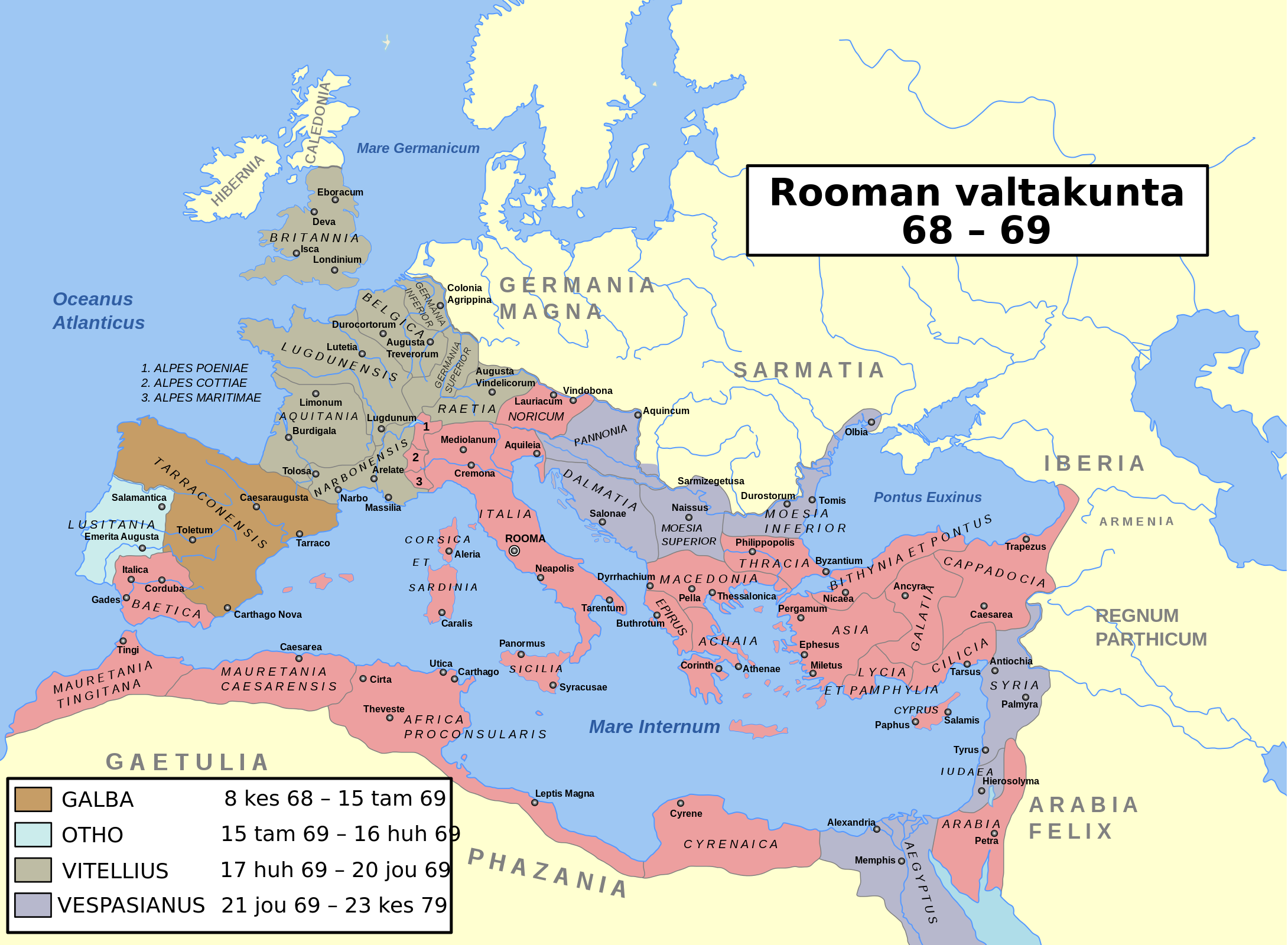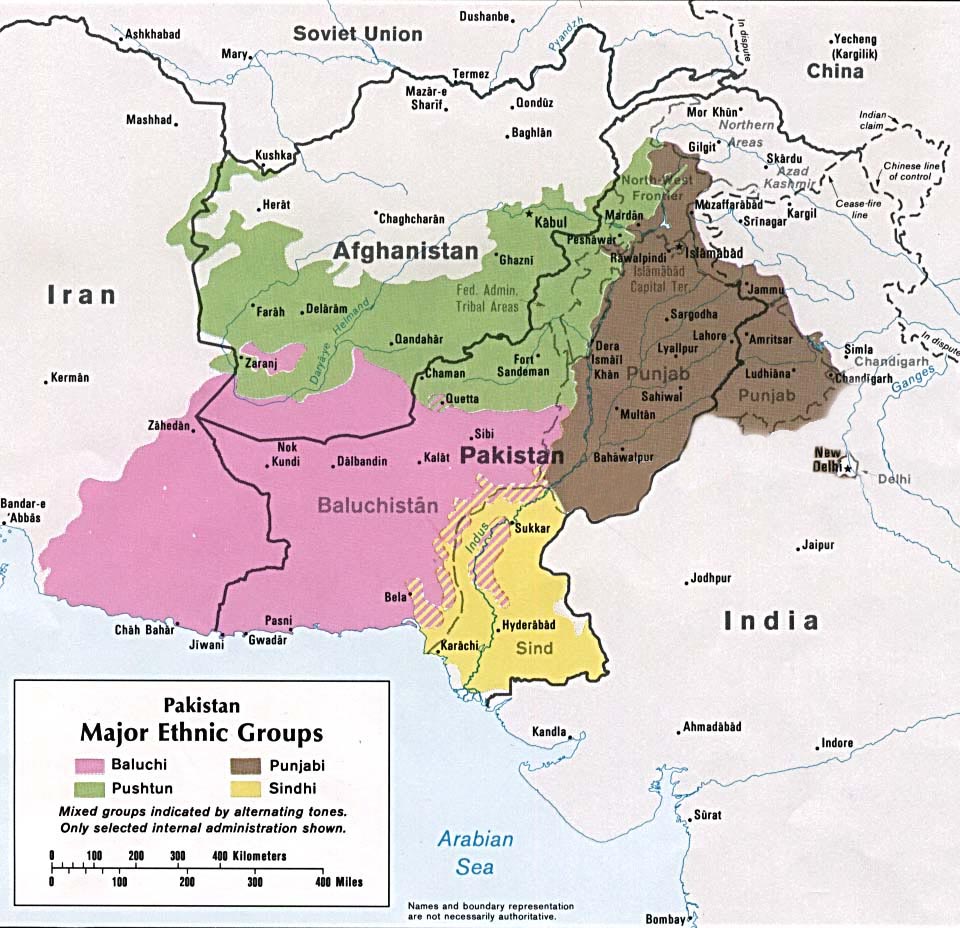Imperialism

Fig. 1. “Map of the Roman Empire during 69AD, the Year of the Four Emperors. Coloured areas indicate provinces loyal to one of four warring generals.” Original: User:Steerpike and en:User:Andrei nacu, August 11, 2009, via Wikimedia Commons, CC BY-SA 3.0.

Fig. 2. Map by U.S. Central Intelligence Agency, 1980, via Wikimedia Commons, public domain.
Nearly all war can be understood in the context of an ongoing competition between elites over territory and the people and resources within those territories, necessary to our present system of social organization due to its continuing need for further expansion, which derives from its inherent unsustainability.[1]
I oppose imperialism. All imperialism. I organize this by aggressor, then by victim. This list is by no means exhaustive:
- Azerbaijan
- Canada and the United States (successor regimes to the United Kingdom in North America)
- Indigenous people
- China
- United Kingdom
- India
- Iran
- Baluchistan
- Kurdistan
- Yemen
- Iraq
- Kurdistan
- Kuwait
- Shi’ite Islam
- Israel
- Pakistan
- Baluchistan
- Kashmir
- Russia (successor regime to the Union of Socialist Soviet Republics)
- Saudi Arabia
- Yemen
- Syria
- Kurdistan
- Somalia
- Somaliland
- Turkey
- Kurdistan
- United States
- Venezuela
- Guyana
It can hardly escape notice that permanent members of the United Nations Security Council figure prominently among the aggressors.
Thalif Deen, “War Criminals & Military Aggressors Who Occupy Seats in the Security Council,” Inter Press Service, March 20, 2023, https://www.ipsnews.net/2023/03/war-criminals-military-aggressors-occupy-seats-security-council/
Bill Chappell, “The Vatican repudiates ‘Doctrine of Discovery,’ which was used to justify colonialism,” National Public Radio, March 30, 2023, https://www.npr.org/2023/03/30/1167056438/vatican-doctrine-of-discovery-colonialism-indigenous
Ishaan Tharoor, “How the Venezuela-Guyana border almost started a U.S.-British war,” Washington Post, December 11, 2023, https://www.washingtonpost.com/world/2023/12/11/venezuela-guyana-oil-borders-history-us-british-war/
Ishaan Tharoor, “Ethiopia’s controversial quest for the sea,” Washington Post, January 8, 2024, https://www.washingtonpost.com/world/2024/01/08/ethiopia-red-sea-access-somaliland/
Gabriel Gavin, Antonia Zimmermann, and Jamie Dettmer, “Middle East braces for chaos as Iran and West square up,” Politico, January 12, 2024, https://www.politico.eu/article/middle-east-chaos-iran-west-houthi-israel-hamas-war/
Ishaan Tharoor, “The restive borderlands at the heart of Pakistan and Iran’s fight,” Washington Post, January 18, 2024, https://www.washingtonpost.com/world/2024/01/18/baluchistan-pakistan-iran-border-conflict-tension/
- [1]John H. Bodley, Victims of Progress, 5th ed. (Lanham, MD: AltaMira, 2008).↩